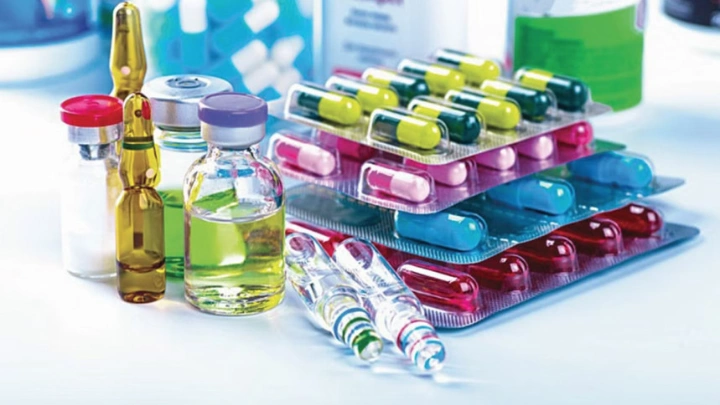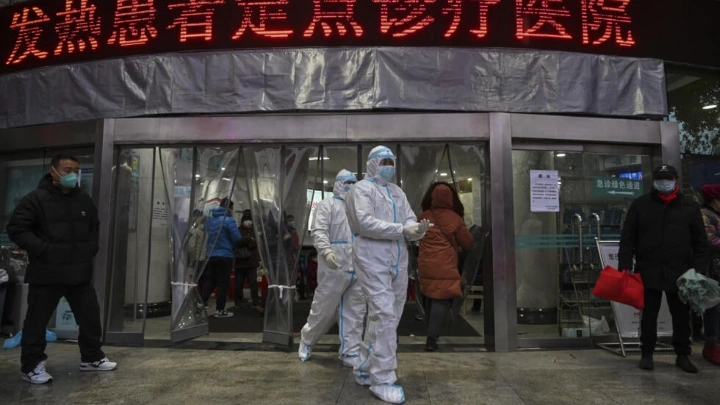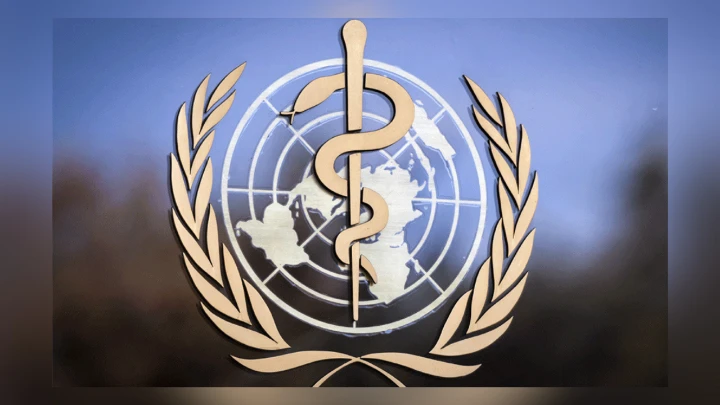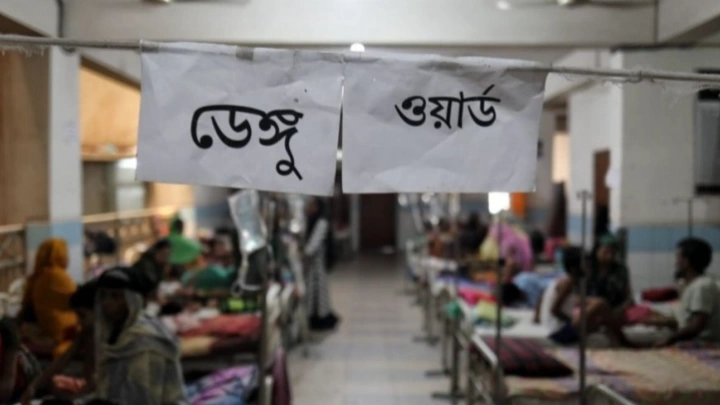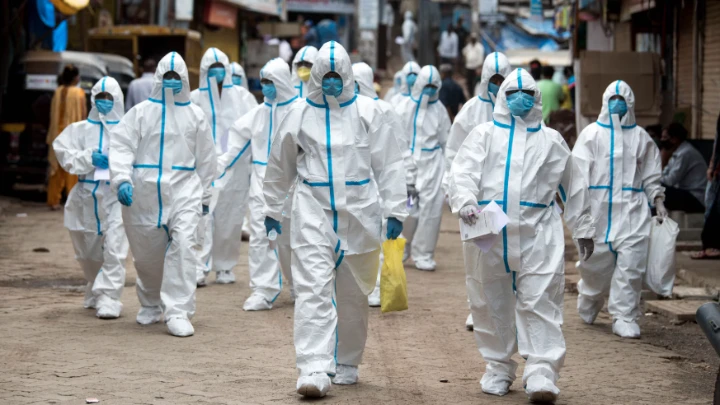But may reduce pharmaceutical export earnings by up to 6.9%, is shows
Medicine prices won't rise after LDC graduation: Study
TBS || Shining BD
Medicine prices in Bangladesh will not go up after LDC graduation in 2026, according to a recent study of the Research and Policy Integration for Development (RAPID).
Abdur Razzaque, chairman of RAPID, presented the findings of a study conducted by his organisation at a seminar titled "LDC Graduation and Bangladesh's Pharmaceutical Industry: Implications for Medicine Prices, Accessibility, and Affordability," in Dhaka yesterday.
Razzaque stated that medicine prices are unlikely to increase solely due to Bangladesh's graduation from the LDC status. However, he emphasised that price dynamics will largely depend on other factors, such as structural challenges within the healthcare sector and escalating energy costs.
The RAPID chairman highlighted the potential impact of LDC graduation on medicine prices in light of the introduction of the Bangladesh Patent Act 2023. This legislation aligns with the TRIPS (Trade-Related Aspects of Intellectual Property Rights) Agreement by excluding pharmaceutical products from patent protection until the country graduates from LDC status, scheduled for 24 November 2026, he said.
Furthermore, the exemption can be extended for an additional three years post-graduation, he pointed out.
Razzaque explained that medicine prices are expected to remain stable after LDC graduation, partly due to provisions in the Bangladesh Patent Act, which incorporate critical TRIPS flexibilities. These include the choice of patentability, compulsory licensing, and parallel importation—measures designed to safeguard public health and prevent monopoly pricing, he said.
He noted that only 5-10% of currently produced drugs are patented, and the LDC graduation is unlikely to significantly affect their prices. Many of these drugs do not meet the novelty criteria for patents post-graduation, even if they remain within their patent protection period, Razzaque said.
The Bangladesh Patent Act also limits royalties for producing patented drugs to a maximum of 4% of local sales revenue, ensuring affordability of new patented medicines. If negotiations with patent holders fail at this rate, the government retains the authority to issue compulsory licences, enabling production of the drugs without the patent holder's consent—contingent on the availability of domestic production capacity, the keynote paper elaborated. Bangladesh's out-of-pocket expenditure as a percentage of current health expenditure was 73% of current health expenditure in 2021.
Lutfey Siddiqi, chief adviser's special envoy on international affairs, attended the seminar as chief guest. Other prominent participants included Akter Hossain, director general of Drug Administration; Abdul Muktadir, president of the Bangladesh Association of Pharmaceutical Industries, and chairman and managing director of Incepta Pharmaceuticals Ltd; Masud Khan, former chairman of GSK Bangladesh; and Sayema Haque Bidisha, pro-vice chancellor of Dhaka University.
Exports may be hampered
The RAPID chairman said following LDC graduation, export subsidies will become WTO (World Trade Organisation)-incompatible and must, therefore, be discontinued.
These subsidies play a crucial role in enhancing the competitiveness of exporters and supporting export earnings.
He said, "Our economic regression analysis indicates that a 1% increase in pharmaceutical export unit prices is associated with a 0.5 to 0.8% decline in export revenues."
Based on this relationship, the complete removal of export incentives could result in an estimated reduction in export earnings of up to 6.9%, equivalent to $10 to $12 million, he added.
Razzaque said, "Many stakeholders are stating that Bangladesh has to import 95% of the raw materials for medicines, known as APIs (Active Pharmaceutical Ingredients), to meet total demand. Therefore, after LDC graduation, API imports might be disrupted due to patent regulations.
"However, RAPID's analysis has shown that there is no connection between LDC graduation and API imports."
What experts say
Bangladesh Association of Pharmaceutical Industries President Abdul Muktadir said, "The RAPID findings say out-of-pocket expenditure on medicines for 73% of total health spending in Bangladesh. It is misleading information."
He said, "Many other elements contribute to the rising cost of healthcare, and we need to focus on those aspects and work on developing them."
Over the past 10 years, the production cost of medicines has increased significantly due to the rise in gas, electricity, and foreign currency prices, Muktadir said. However, the price of medicines has not increased at the same rate, which has been steadily weakening the financial condition of the companies, he said.
"There is no issue with technology upgrades in our pharmaceutical industry. However, we need to invest heavily in research and development. Without this, we will lose our competitiveness in exports," Muktadir said.
Mentioning that there are some structural issues in the country's pharmaceutical industry, he said the government lacks sincerity in addressing these. To overcome them, there should be a political or governmental agenda in place, he said.
Muktadir said, "We have established an API industrial park, but the supply of gas and electricity has not been ensured there. As a result, those of us who have invested are the ones facing losses."
Akter Hossain, director general of the Drug Administration, said there is not much time left before LDC graduation. "In this short period, we must collectively take initiatives and work together to advance the pharmaceutical industry."
Lutfey Siddiqi said the pharmaceutical industry, being developed as part of the health sector, needs to be given priority as a separate sector.
He said, "Reforms cannot be based on emotions. Reforms must be made based on research, with specific data and evidence."
He further said, "We talk about the ease of doing business. It must be a balanced effort between the government and the industry, with both sides playing an equal role."
Shining BD

